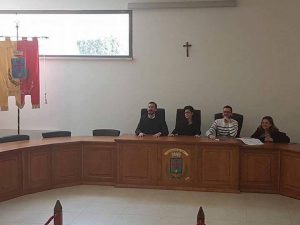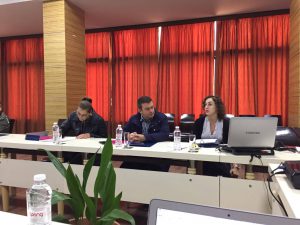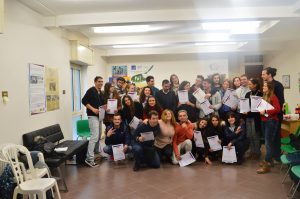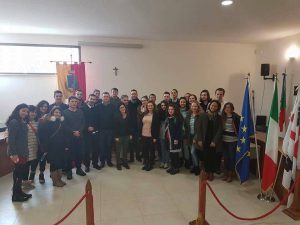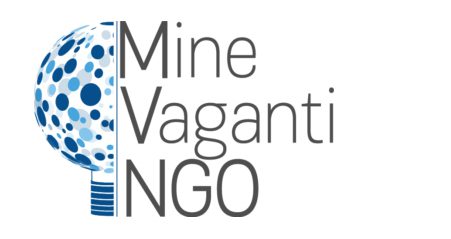Youth Agro Empowerment Project
Youth can play a key role in poverty reduction in rural areas, but they encounter significant constraints. They are often the most disadvantaged, with low levels of job experience and organisation, fewer chances to access or obtain capital and other assets, as well as little or no voice in decision-making processes. They barely gain access to agriculture extension services, affordable input supplies, or marketing opportunities. Lack of information, technical skills, and basic education further weakens their situation or circumstances. Female rural youth face additional barriers linked to persistent gender inequalities perpetuated by societal / traditional gender discriminatory norms.
Bolstering human capital and producing knowledge for youth is thereby crucial for developing employment opportunities in rural areas and for rural development in general.
Education and vocational training are important components to improve rural livelihoods since a majority of the rural poor still derive their main livelihood from their labour in agriculture. Further, knowledge and information are powerful tools in the process of change, together with capability to get organised and access to productive assets, particularly land, financial services, appropriate technology and labour saving technology.
Several studies have highlighted the importance of agricultural and rural development for economic growth and poverty reduction in participating countries. In most participating countries, agriculture is a main contributor to GDP and even in nations where the contribution of the agricultural sector to GDP is currently low, the national significance given by the governments to the sector is still highly recognized. This stems from the fact that the agricultural sector has the potential to provide some solutions to the problems of unemployment, particularly if agriculture is undertaken in a commercial and sustainable fashion. The sector though, is largely dominated by elderly people, while the youth, including those with requisite training are unemployed or looking for jobs in other sectors. It has been assessed that younger household heads who are engaged in farming tend to derive a higher income from their agricultural activities than older household heads. This is probably because the younger generation is more open to new crops and technologies that produce a higher yield.
The goal of the project is to advance agro – entrepreneurship and technology innovations by young rural people in order to enhance youth employment and adapt to climate change.
Environmental and Territorial Management Institute – ETMI is coordinating the Capacity building in the Youth field – Balkans. Youth Agro – Entrepreneurship Empowerment Project. Partners Organizations are: Mine Vaganti NGO (Italy), KIU”COKANSKI DOBOSARI” (Serbia), Volonterski Centar Skopje (Macedonia) , Svetionik (Montenegro), Intercambia (Spain).
The objectives of this project include the following:
-To educate the youths and train them on sustainable agricultural and entrepreneurship.
-To promote sustainable agriculture through usage of renewable energy and water management techniques;
-To promote ICT tools on sales of Agricultural based products. A transactional platform for buying and selling.
-To promote, support Sustainable Agricultural Enterprises
-To Network youths in Agriculture through “Webinar” together and allow for cross sharing of ideas and innovation.
-To explore the Erasmus + Programme with a special focus on quality international cooperation
-To develop participant’s competences in planning non formal education and intercultural activities;
-Increase the understanding and awareness of the gender dimension in agricultural projects
Promotional video was released during the kick off meeting in Pogradec, October 2016.
